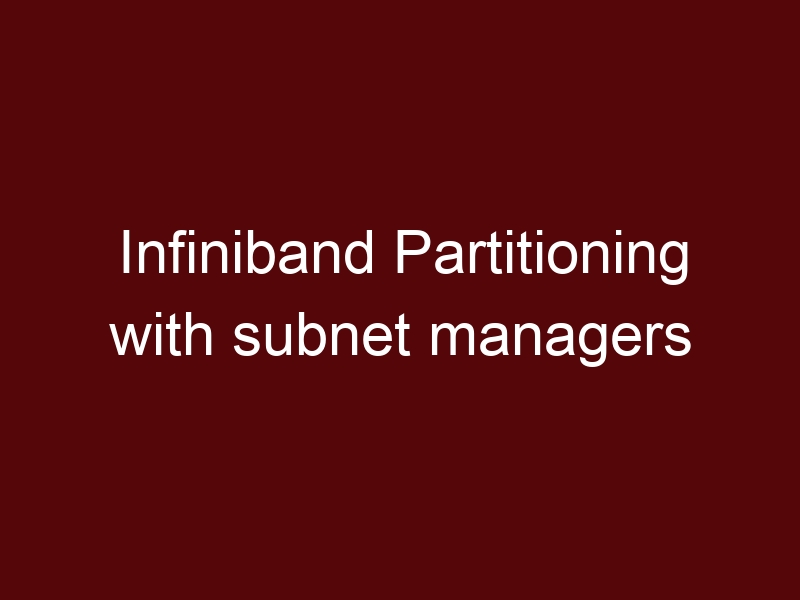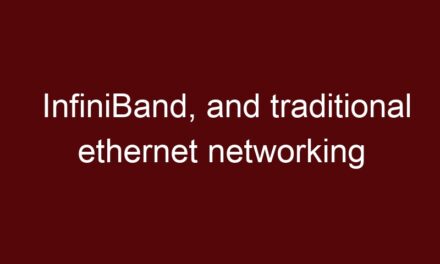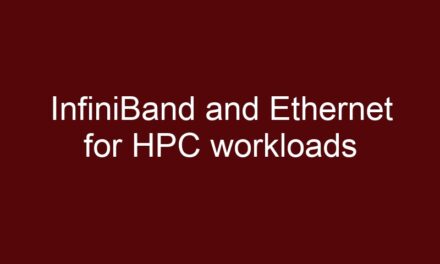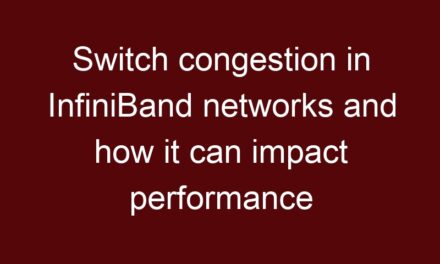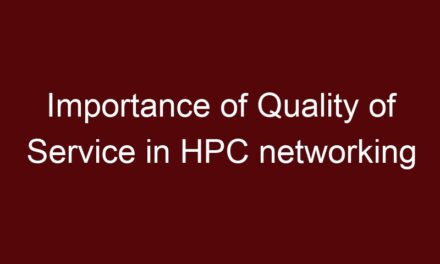In the context of InfiniBand, partitioning refers to the division of an InfiniBand fabric into separate logical segments or partitions, each with its own set of devices and resources. These partitions allow for the isolation and management of different groups of devices within the same physical InfiniBand network. Partitioning is particularly useful in scenarios where multiple organizations, workloads, or applications share the same InfiniBand fabric but require independent control and isolation.
Role of Subnet Managers in Partitioning:
Subnet Managers (SMs) play a crucial role in implementing and managing partitioning within an InfiniBand network. Here’s how SMs are involved:
- Partition Configuration: Subnet Managers are responsible for configuring and defining the partitions within the InfiniBand fabric. They create and manage partition-related information, including the list of devices and resources that belong to each partition.
- Partition Key Assignment: Each partition is assigned a unique Partition Key (P_Key) by the Subnet Manager. The P_Key is a security mechanism that ensures that only devices with the appropriate key can access the resources of a specific partition.
- Partition Isolation: The Subnet Manager ensures that devices within different partitions are isolated from each other. Devices in one partition cannot directly communicate with devices in another partition unless the proper P_Key is presented.
- Path Management: Subnet Managers maintain routing tables and paths specific to each partition. This ensures that devices within a partition can communicate efficiently within their designated partition, while avoiding interfering with the communication of devices in other partitions.
- Quality of Service (QoS) Management: Subnet Managers can enforce Quality of Service policies specific to each partition. This allows administrators to allocate bandwidth and prioritize traffic based on the needs of individual partitions, ensuring that critical workloads receive the required resources.
Benefits of Partitioning:
Partitioning offers several benefits in InfiniBand environments:
- Isolation: Different organizations or applications can share the same InfiniBand fabric while maintaining isolation and security. Traffic from one partition does not interfere with or impact the resources of other partitions.
- Resource Allocation: Each partition can have its own set of resources, such as bandwidth and switches, allocated according to its specific requirements.
- Administrative Control: Partitioning allows different administrative entities to manage and control their own devices and workloads independently, even within a shared infrastructure.
- Security: Partitioning adds a layer of security by ensuring that devices in one partition cannot access the resources of other partitions without the proper key.
Partitioning is particularly useful in multi-tenant environments, where diverse workloads or organizations share the same InfiniBand fabric. It allows for efficient resource utilization, isolation, and optimized performance for each partition’s specific needs.

